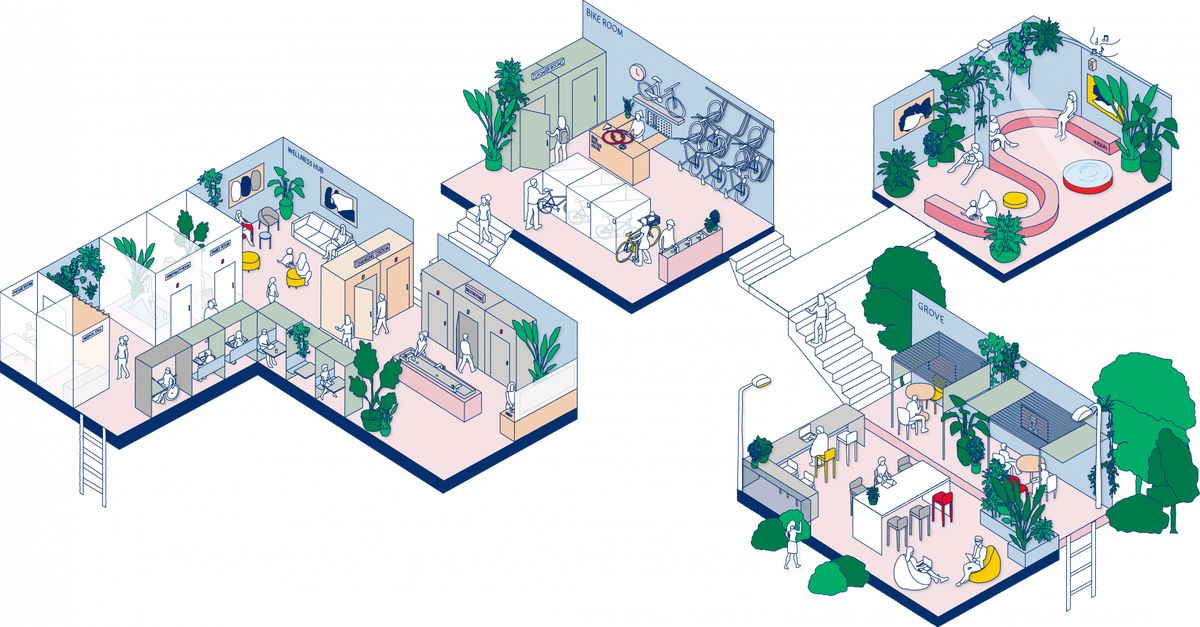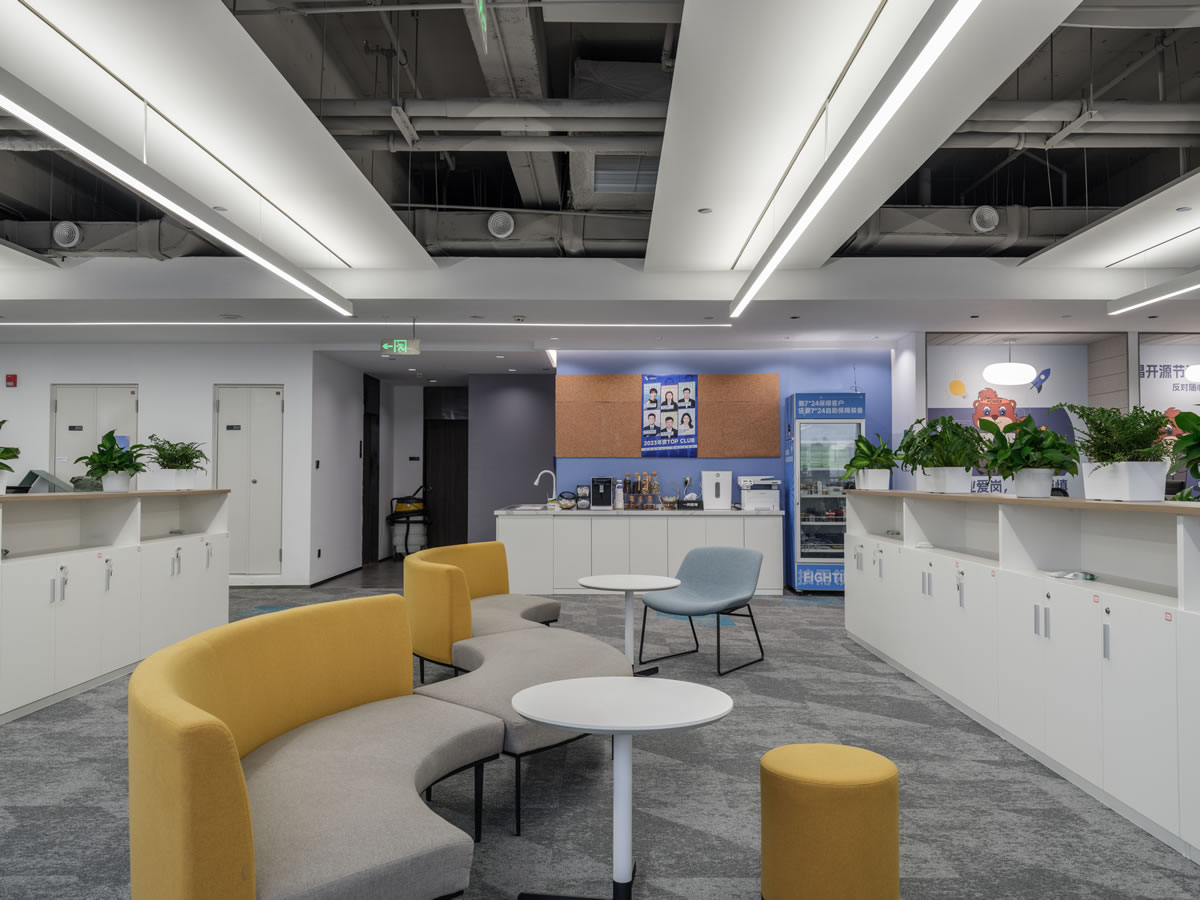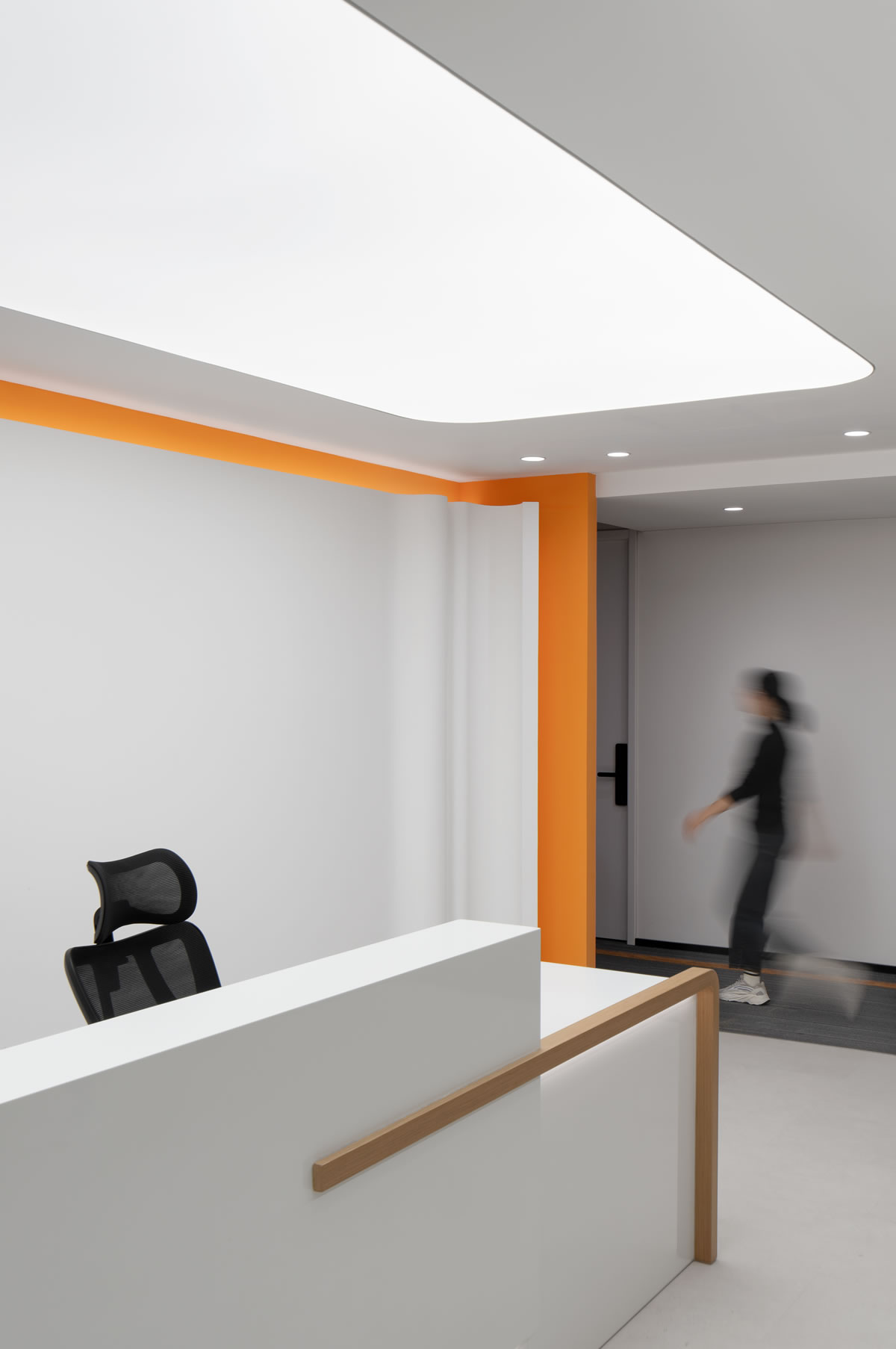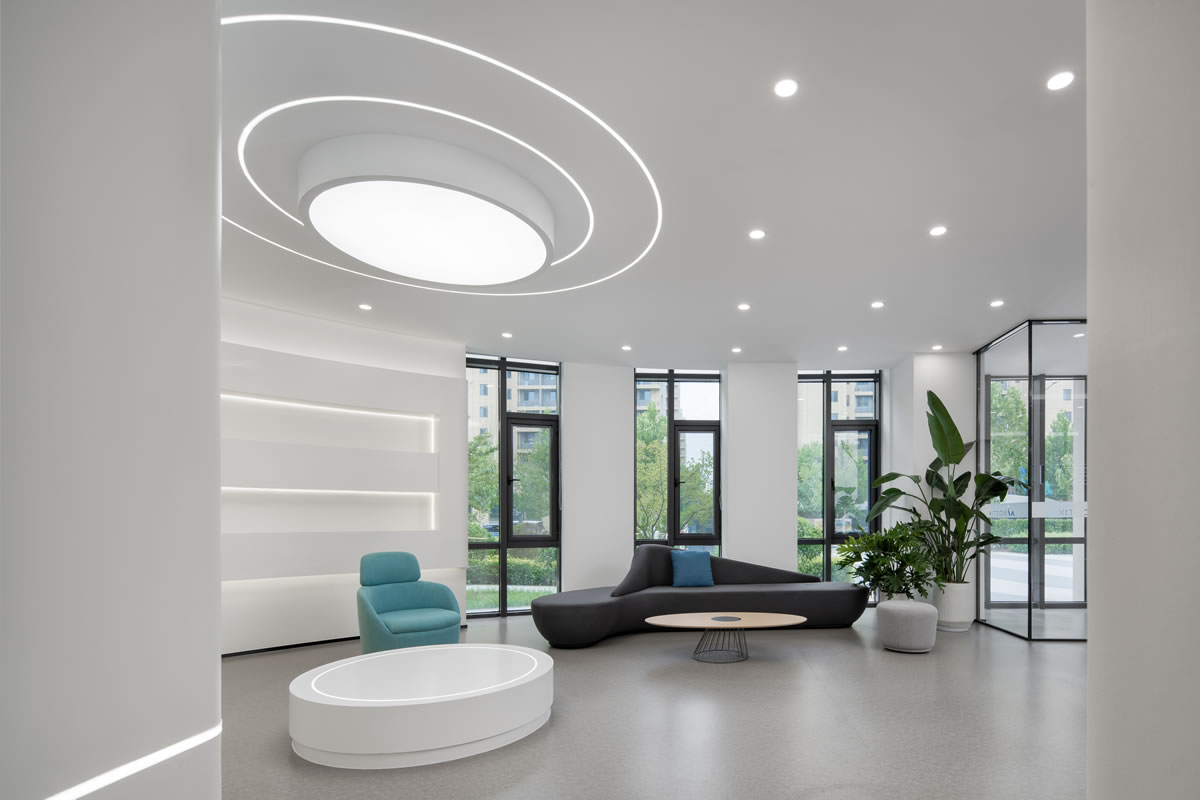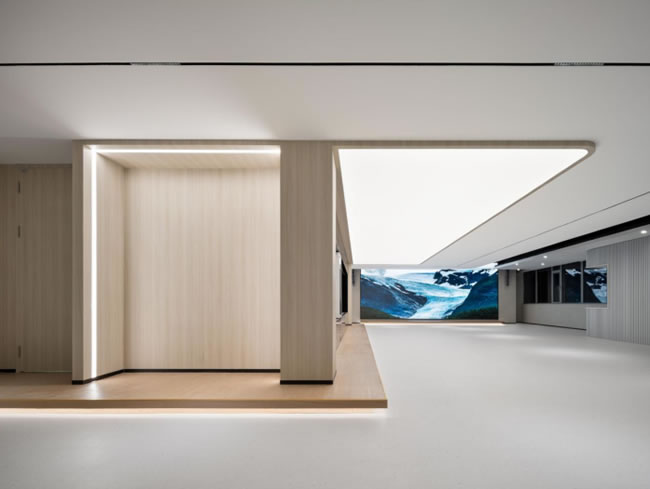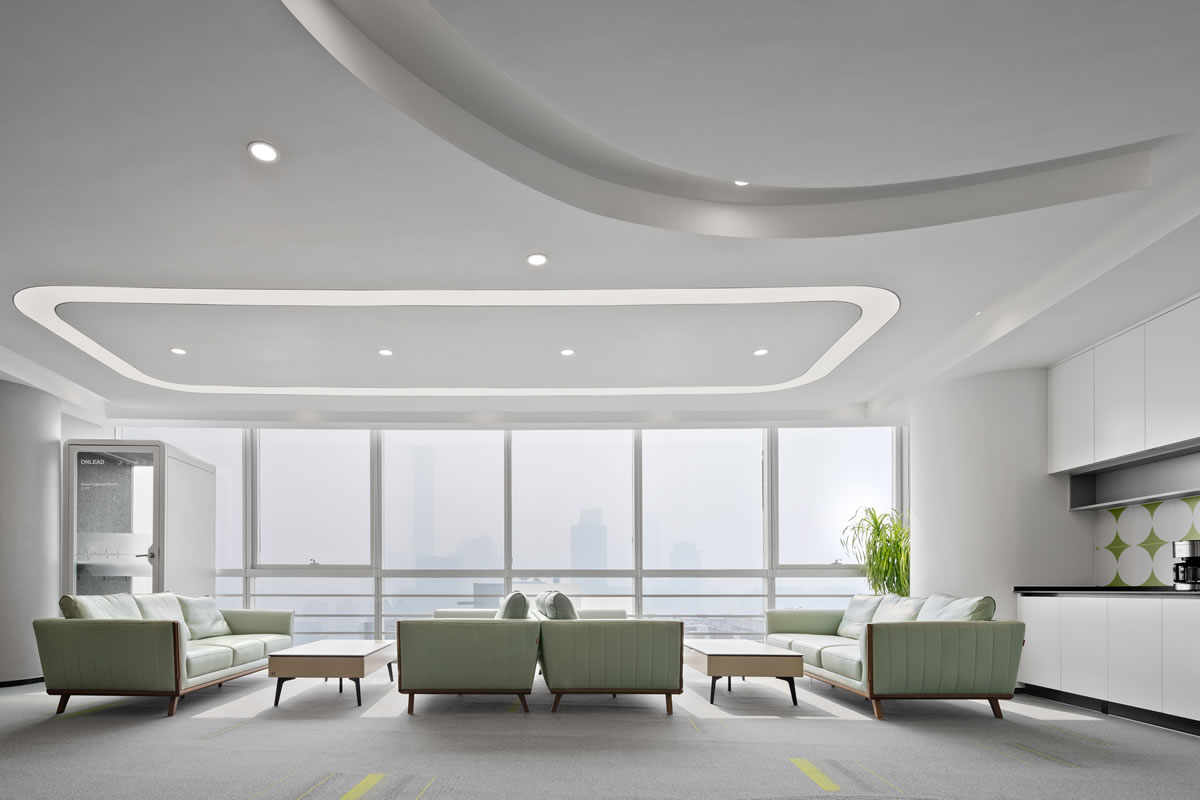
COPYRIGHT © GLEAM SPACES
POWER BY:MINGTU
Promotion: workplaces must become more adaptable and focused on serving human needs, according to a new report exploring the future of the office.
Produced by concept and venture studio Fragile and funded by building product manufacturer Knauf, the Tomorrow's Office Insight Report aims to encourage office designers and developers to embrace more sustainable, human-centric approaches.
The report is based on in-depth interviews with experts in building and designing workplaces, including individuals at Booking.com, Gensler, Vitra, AECOM, JLL, CBRE and many more.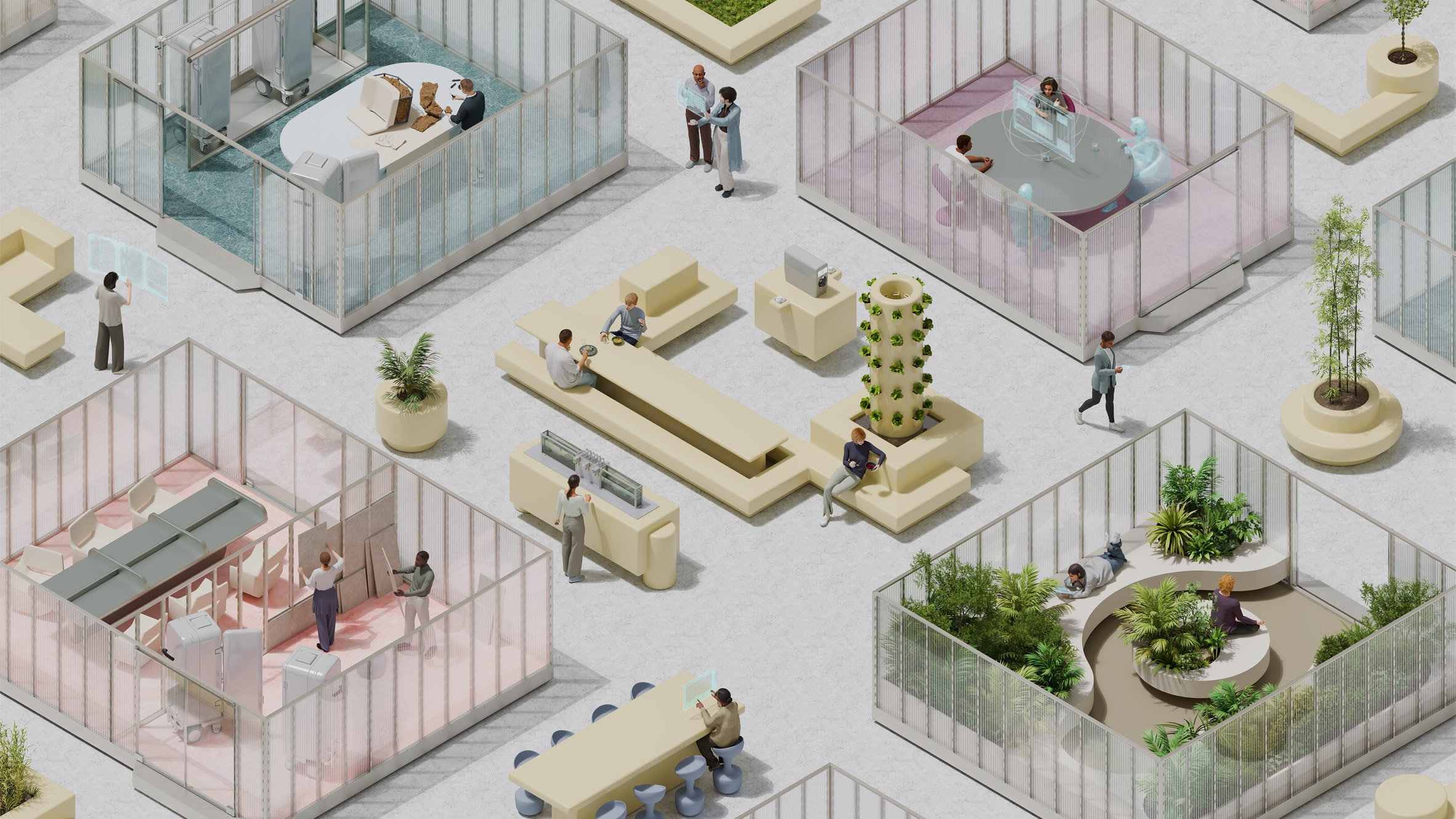
"Offices have become more than just places of productivity – they shape our routines, influence our wellbeing and provide the framework for collaboration, creativity and culture," reads the report's introduction.
"With hybrid models on the rise, evolving employee expectations, and a growing focus on holistic health for people and the planet, the workplace is being redefined not just in form but in function and meaning."
It examines the factors that necessitate a change in office design, including the rise of disruptive technologies such as artificial intelligence, which the report predicts will cause a shift "from doing to deciding" for many workers.
Meanwhile, it also expects generational shifts, and increasing requirements around sustainability, diversity and inclusion to play a role.
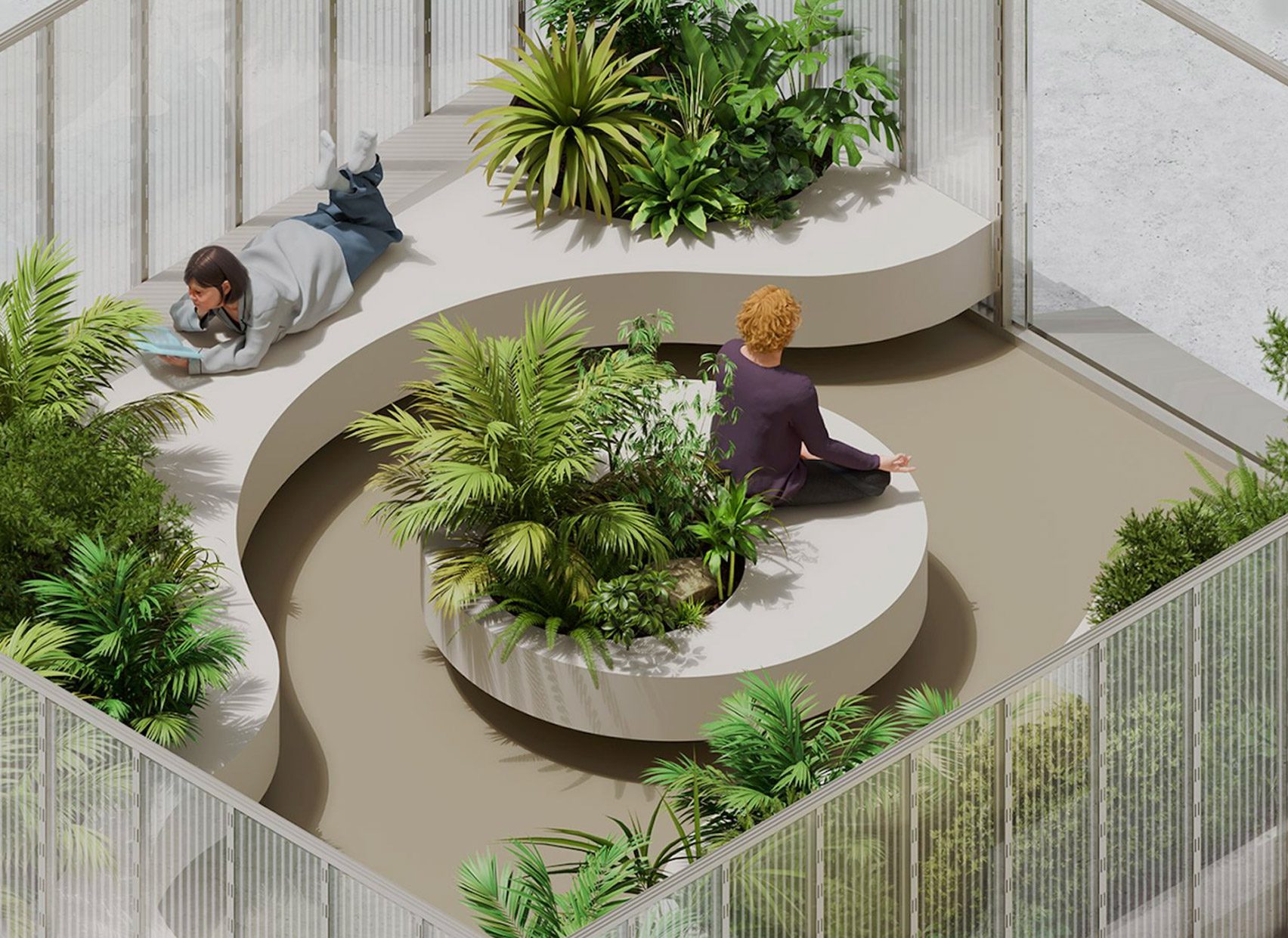 As potential responses to the changing landscape, the report presents ideas for five types of future workplaces: the adaptive office, the hybrid office, the healthy office, the circular office and the social office.
As potential responses to the changing landscape, the report presents ideas for five types of future workplaces: the adaptive office, the hybrid office, the healthy office, the circular office and the social office.
The adaptive office would have mobile furniture and reconfigurable layouts that allow companies to adapt and change their space whenever needed.
The hybrid office is imagined as a "phygital" environment that uses technology to make the transition between remote and in-person work seamless and allows parts of the office to be closed off or opened up to reflect fluctuating staff attendance.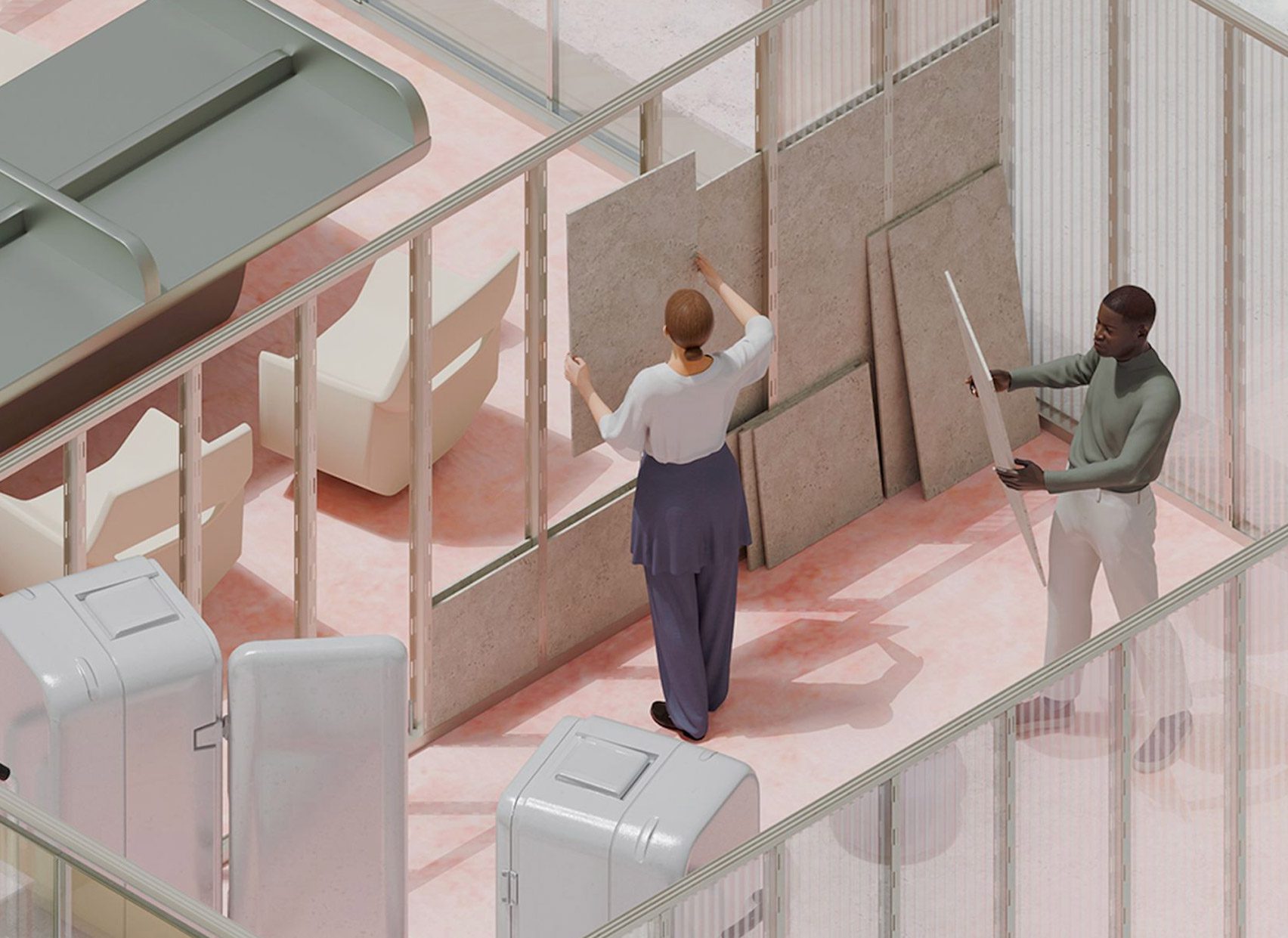
In the healthy office scenario, biophilic design takes centre stage with customisable workplaces to fit the needs of neurodiverse workers.
The planet-conscious office would focus on the longevity of materials and reducing waste, while the social office would serve as a cultural hub that borrows from the design of hospitality settings.
Underpinning each of these is a message about the importance of flexibility in office design in order to meet future demands and stay relevant to workers' needs.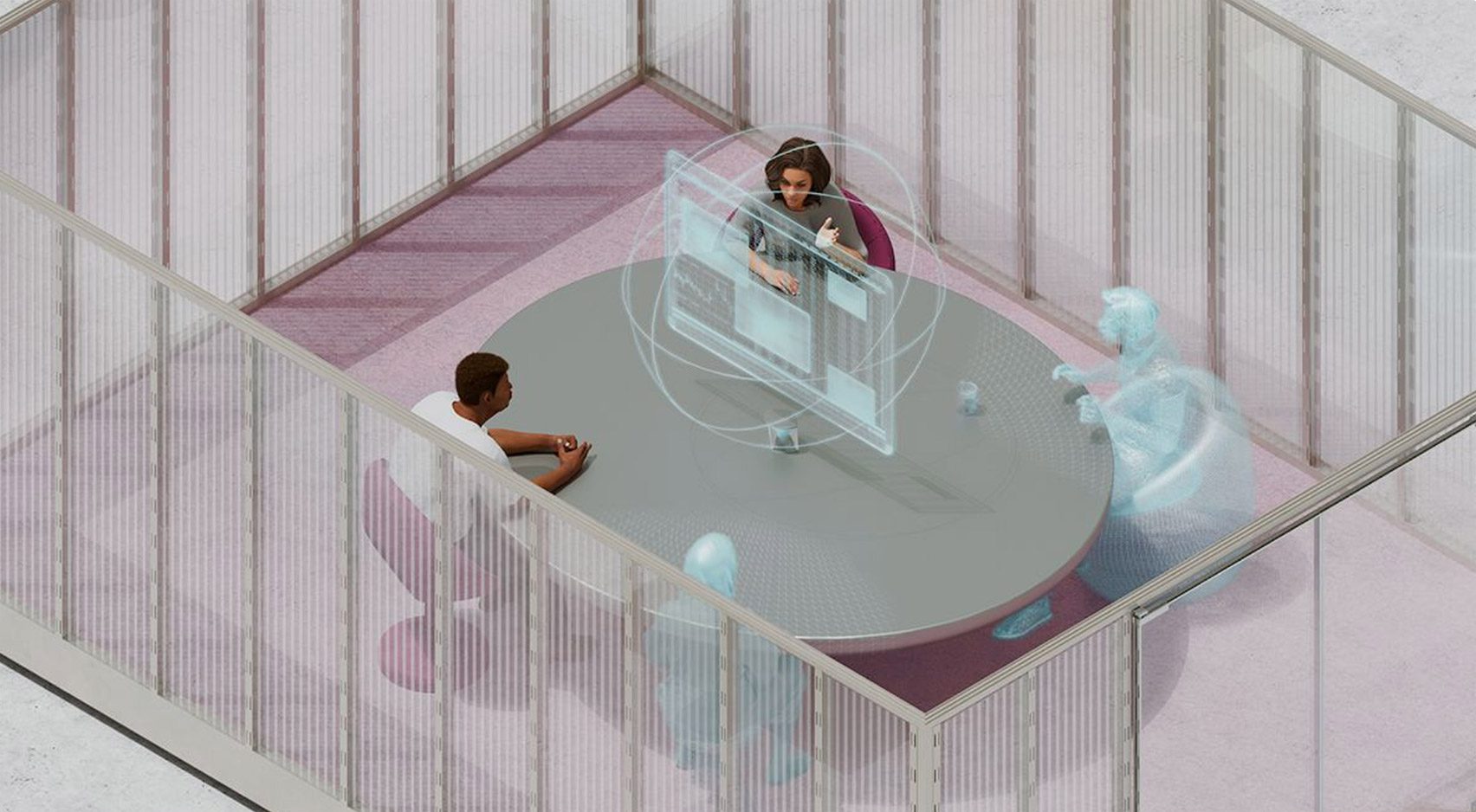
"The office of the future isn't a fixed product, but a componentised system that evolves," said Gensler principal Naomi Sakamoto, a contributor to the report.
From:Tomorrow's Office Insight Report's
Photo:Max Guther.
